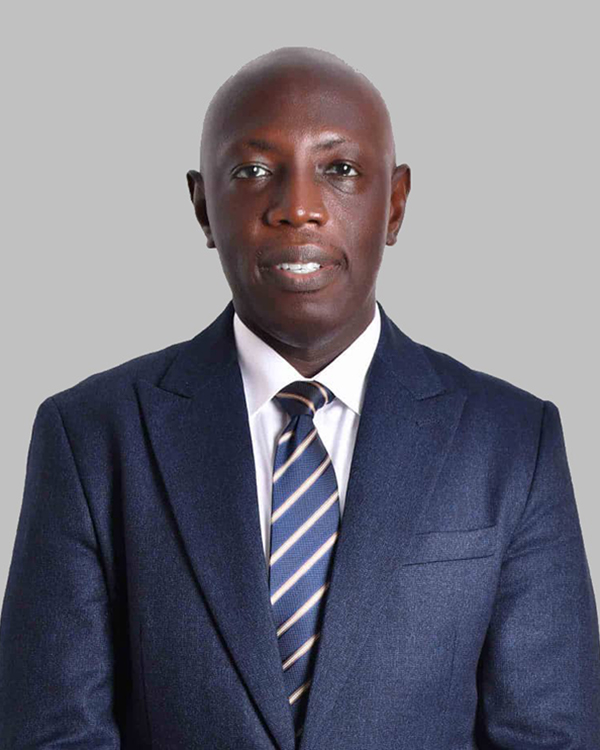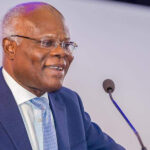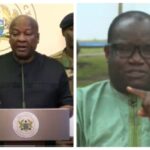On 8 July 2025, President John Mahama declared that the Ghana Gold Board (GoldBod) was the parent of the Ghanaian cedi.
Barely two months later, on 10 September 2025, the Bank of Ghana (BoG) was named as the cedi’s true parent.
If the cedi keeps changing fathers, no wonder it is struggling to grow. The cedi is not looking for a DNA test; it is looking for a single, responsible parent.
Stability in any currency rests on predictability and credibility. When leaders shift narratives about which institution is responsible for the cedi, confidence weakens, not just among Ghanaians, but also among foreign investors and international lenders. In May 2025, Finance Minister Cassiel Ato Forson celebrated the cedi’s appreciation of 16.7% year-to-date (as of 13 May), attributing the gain partly to GoldBod’s gold accumulation program. Yet, critics quickly pointed out that GoldBod only became operational in March 2025, raising questions about whether earlier improvements were due to IMF inflows and tight monetary policy rather than GoldBod’s impact.
Meanwhile, the Bank of Ghana has not vanished from the scene. It remains the institution mandated by law to manage monetary policy, stabilise the exchange rate, regulate liquidity, and build reserves. In 2024, the BoG intervened heavily in the forex market, selling over $2.1 billion in reserves to support the cedi. By July 2025, it reported that gross international reserves stood at $6.5 billion, covering about three months of imports, figures that underscore its continuing role as the anchor of monetary stability.
According to Prof. Isaac Boadi, the Dean, Faculty of Accounting and Finance, UPSA and Executive Director, IERPP, assigning “parenthood” to both GoldBod and BoG muddies the waters. GoldBod has a crucial mandate: managing gold reserves, formalizing the gold trade, and acting as Ghana’s sole buyer and exporter of precious minerals. But it is not, and cannot be, the ultimate steward of the cedi. That responsibility rests squarely with the central bank. When markets hear conflicting voices, they respond with caution, speculation, or outright flight.
For the cedi to grow stronger and command lasting trust, Ghana needs one clear steward, not competing fathers. Consistency, transparency, and accountability must define currency management. Without it, every gain will look like rented confidence, and every fall will expose the fragility of mixed signals. The cedi doesn’t need many fathers, it needs one honest story, backed by discipline, productivity, and credibility.




